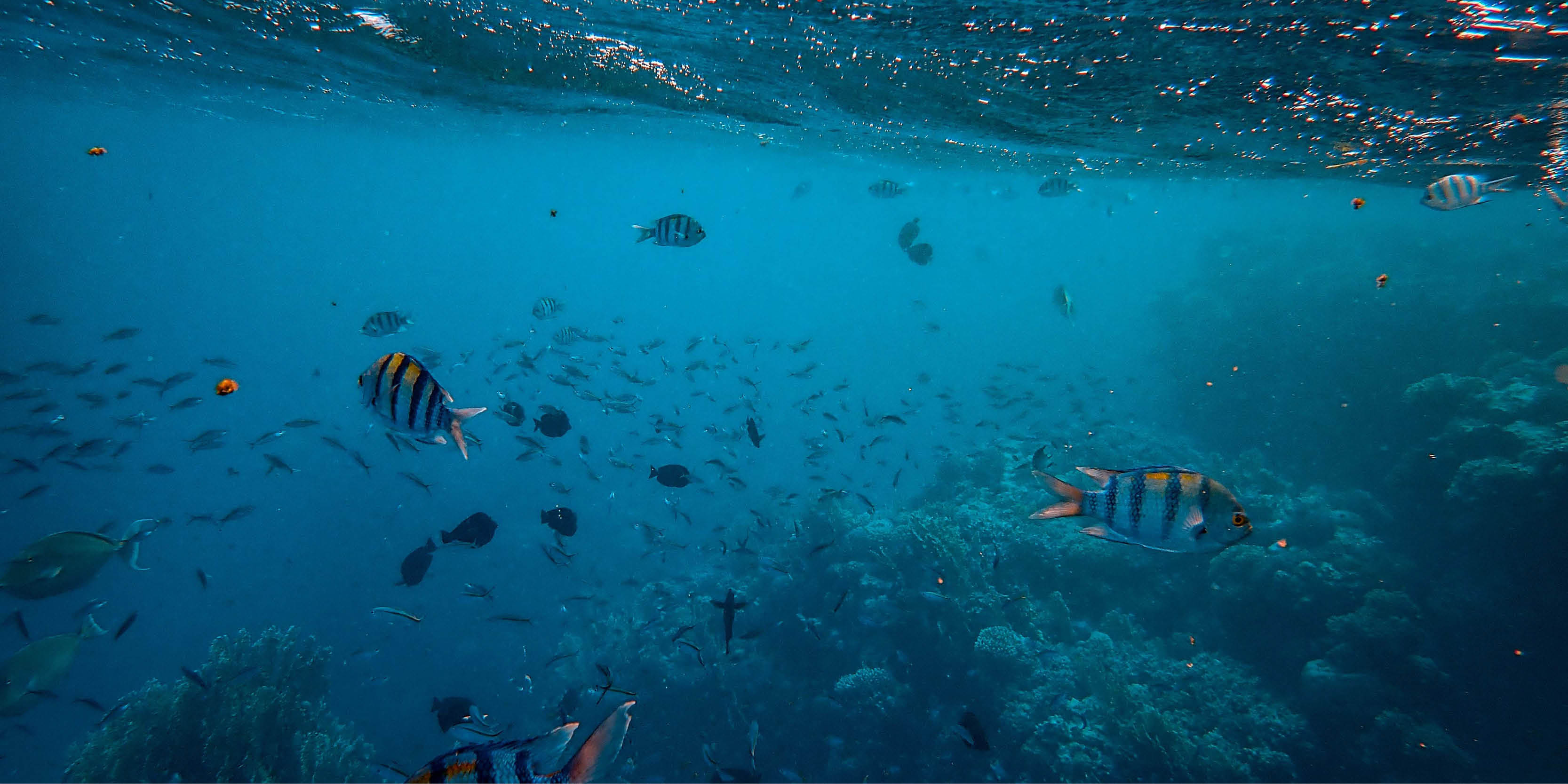In This Section
- Home
- About the College
- Governance
- College Committees & Steering Groups
- College Assembly
- College Council
- College Executive Management Committee
- College Academic Programmes and Curriculum Development Committee
- College Graduate Studies Committee
- College Research & Innovation Committee
- College Teaching Learning and Student Experience Committee
- College Student Recruitment and Outreach Committee
- College Sabbatical Research Leave Committee
- College of SEFS Adjunct Appointments Committee
- International Education Committee
- College Postgraduate Student Committee
- Athena SWAN Steering Group
- College Committees & Steering Groups
- Human Resources
- UCC STEM Awards
- Scholarships and Prizes
- Women in STEM Panel Talks
- Inaugural Professorial Lectures
- Athena SWAN in SEFS
- Proposal Calls
- Contact Us
- Science in Society Public Lecture Series
- Governance
- News
- Staff
- Schools and Departments
- Current Students
- Undergraduate Courses
- Postgraduate Courses
- International Students
- Research and Innovation
- Employability and Careers
- Outreach and Public Engagement
- Science Week
- Transition Year Programmes
Groundbreaking ocean research from School of Mathematical Sciences published in Nature

A new study, co-authored by Dr Andrew Keane, School of Mathematical Sciences, UCC has found that the position of the continents plays a vital role in the distribution of life-supporting oxygen in our oceans. The revolutionary findings have been published in Nature.
Our ocean biodiversity is dependent on the strong circulation system of our oceans. Water near the ocean surface moves towards the poles, where it becomes cold and dense. When the dense water sinks, it brings oxygen with it from the atmosphere to the ocean floor. This oxygen is vital for the survival of deep-sea creatures. Similarly, nutrients from sunken organic matter are delivered back to the surface, providing plankton with the sustenance to grow and support the wonderful biodiversity of our oceans.
However, this was not always the case throughout the Earth’s history, and the study found that this circulation can suddenly disappear with the gradual shifting of the continents.
“The Earth’s climate system is so complex that it is possible for a seemingly tiny change to result in a relatively sudden and often drastic response,” said Dr Andrew Keane, UCC School of Mathematical Sciences and the Environmental Research Institute.
“The critical threshold that is overcome by this tiny change is often referred to as a climate ‘tipping point’”. An example is the circulation in the modern Atlantic Ocean. Decades of modelling and analysis show that if precipitation in certain parts of the ocean pass a certain threshold, or if atmospheric CO 2 passes a critical level, then the ocean would quickly find itself in a state of very poor circulation.
In the past, studies of marine oxygen relied on simple models that could not capture the role of ocean dynamics. It was assumed that any changes in oxygen levels in the ocean were primarily due to changes in the atmosphere. It turns out that the role of continent positions, and its effect on ocean circulation, is crucial.
This new study uses a complex computer model of the Earth with a 3D representation of the ocean dynamics and reconstructed continental configurations from across the past 540 million years. The simulations of this model show that even small adjustments to the positions of the continents can ‘tip’ us into a completely different distribution of oxygen in the deep ocean.
“Many millions of years ago, not so long after animal life in the ocean got started, the entire global ocean circulation seemed to periodically shut down,” said Prof Andy Ridgwell, University of California-Riverside geologist and co-author. “We were not expecting to find that the movement of continents could cause surface waters and oxygen to stop sinking, and possibly dramatically affecting the way life evolved on Earth.”
There are lessons to be learned from better understanding our past climate. “It’s clear from many recent studies that a tipping of the modern Atlantic Ocean circulation would change life as we know it in western European countries because our climate would become drastically colder. Some of these studies even suggest that we are approaching a tipping point. Our study highlights the threat to ocean biodiversity, especially to creatures of the deeper and darker parts of the ocean,” Dr Keane said.
“I know some of those freaky-looking fish in the deep ocean aren’t as cute as polar bears, but we should be worried about them too.”
Read the full paper
College of Science, Engineering and Food Science
Coláiste na hEolaíochta, na hInnealtóireachta agus na hEolaíochta Bia
Contact us
Block E, Level 3, Food Science Building, UCC, Cork, T12 YN60.
